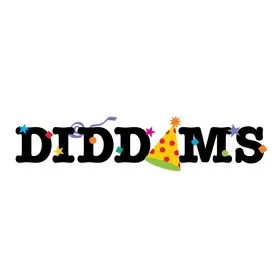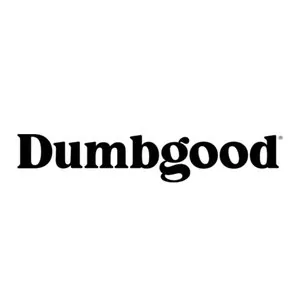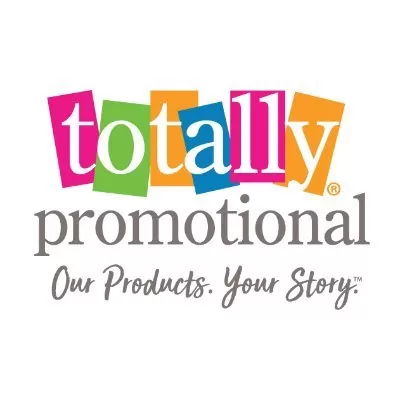Bond Yield Rate vs. Coupon Rate: What's the Difference?
What is a coupon rate?What is yield to maturity?Coupon vs. yield infographicKey differencesFinal thoughtsRecommended articlesCoupon rates are important components of bonds for investors in bonds. The bond may pay the coupon rate quarterly, semi-annually or annually. The coupon rate is calculated based on the coupon payment and the bond's face value. The yield of the bond, on the other hand, is the interest rate on the basis ...See more on wallstreetmojo.comEstimated Reading Time: 5 mins
Coupon vs Yield | Top 5 Differences (with Infographics)
If a bond's yield is different from its coupon rate, it means that the bond is trading at a premium to reflect changes in market conditions since the...
Yield to Maturity vs. Coupon Rate: What's the Difference?
Example For CouponYieldKey Differences Between Coupon vs YieldConclusionRecommended ArticlesBoth Coupons vs Yield are popular choices in the market. Let's look at the main differences between coupon and yield: 1. The coupon rate of a bond refers to the interest that is actually paid on principal amount (at par). Yield to maturity is an investment that is held until the maturity date and the ra... Read more at educba.comEstimated Reading time: 5 minutesMar 28, 2019
Coupon vs Yield | Top 8 Useful Differences (with …
Coupon vs. Yield To MaturityDo the MathSome Things to Consider When Calculating Yield To MaturityHigh-Coupon BondsA bond's initial issue has many features, including the amount of the issue, the maturity date and the initial coupon. The U.S. Treasury might issue a 30-year bond in 2019 with a coupon of 2%. This means that an investor who buys the bond and owns it until 2049 can expect to receive 2% per year for the ...See more on thebalancemoney.comAuthor: Thomas Kenny
Important Differences Between Coupon and Yield to Maturity
It comes out at 2.94% when we calculate the current yield. For 5 units, you paid $5,100. Your...
Bond Coupon Interest Rate: How It Affects Price
A coupon is a guaranteed cash payment that an investor receives on a bond. It is usually expressed as a percentage of the par value, also known as principal. Yield and rate are...
Of coupons, yields, rates and spreads: What does it all mean?
The difference between coupon & yield is that coupon refers only to the stated annual interest rate, while yield refers the actual return an investor earns by holding a bond for one year.
[Relationship between coupon rate and yield is inverse]
This video explains "Coupon Rate Vs Yield" for Bonds in a simple and child-friendly manner. Please Subscribe (It's Free! ): http://bit.ly/EasyPeasyFinanceSubscribeF...
Coupon Rate vs Yield for a Bond: Fixed Income 101: Easy Peasy
Yield and coupon are terms associated with the purchase or bonds. Although they are often confused, these terms are very different from each other.
Difference Between Yield and Coupon
Yield and Coupon are terms that are associated with the purchase of bonds. These terms are quite different to each other, even though many have confused them to have a …
FAQs for Bond Coupon Vs Yield
What is the relationship between yield and bond price?
Yield to maturityCoupon Rate--The higher a bond’s coupon rate or interest payment, then the higher its yield. ...Price--The lower a bond's yield, the higher its price. ...Years left until maturity--Yield-to-maturity factors in the compound interest that you can earn on a bond, if you reinvest interest payments.
What is the coupon rate for a bond?
Definition: The coupon rate is the interest rate paid by bond issuers on the bond’s face value. It is the periodic interest rate that bond issuers pay to their purchasers. The coupon rate is calculated based on the bond's face (or par) value, not on its issue price or market value.
What happens when a bond is sold at a premium
Premium bonds are bonds that are sold at a higher price than the par value. The company receives more cash than the bond par price. This happens because the bond coupon rate is higher that the market rate. Investors will pay premium to receive a higher return.
Are bond funds more risky than bonds?
Some bonds are safer than others, but there are many variables that can affect the relative risk of these securities. It is important to evaluate the unique risks and market conditions when investing in any type security.



















